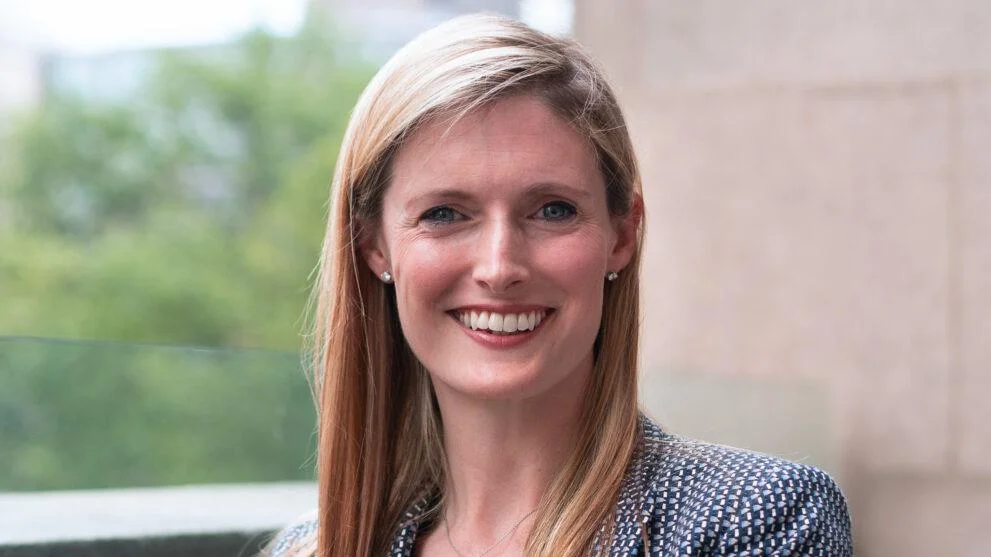The New Orleans City Council is preparing to vote on a proposed ordinance that would allow the New Orleans Police Department (NOPD) to use untargeted facial recognition surveillance. Reports from the Washington Post indicate that the NOPD has previously misled the public about its use of this technology and has engaged in unauthorized partnerships to circumvent existing restrictions.
Current laws in New Orleans restrict the NOPD's use of facial recognition, allowing it only for investigating serious crimes without needing judicial approval or notifying defendants. Despite these limits, the NOPD reportedly expanded its use through a partnership with Project NOLA, a private nonprofit operating numerous facial recognition cameras in the city.
According to reports, Project NOLA's system scans faces and alerts officers when matches are found. This practice appears to contravene current laws prohibiting facial recognition as a surveillance tool. The police have not included information from these alerts in their required reports, obscuring the system's true impact.
In light of these issues, the NOPD has paused its collaboration with Project NOLA and initiated a review. However, it now seeks an ordinance that would formalize such partnerships and broaden circumstances under which it could employ facial recognition.
The proposal would allow the NOPD to accept tips from privately-operated systems if agreements are made with operators. These agreements would require disclosure of software details but lack independent testing or bias checks. Furthermore, reporting requirements for police actions based on unsolicited tips would be reduced.
Critics argue that this ordinance follows a pattern of evading restrictions by outsourcing surveillance tasks. It could lead to further expansion of surveillance powers without adequate oversight or accountability.
Opponents urge the City Council to reject this proposal and restore a ban on untargeted facial recognition. They warn against outsourcing surveillance due to potential abuse and call for reaffirming commitments to civil rights.

